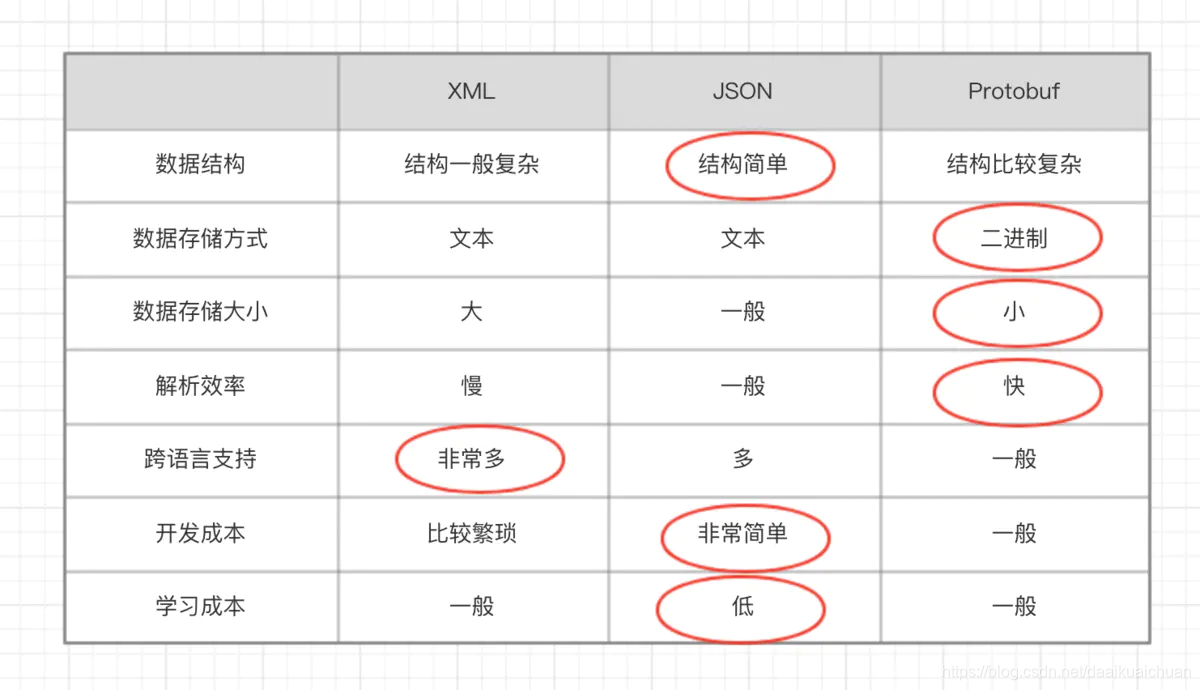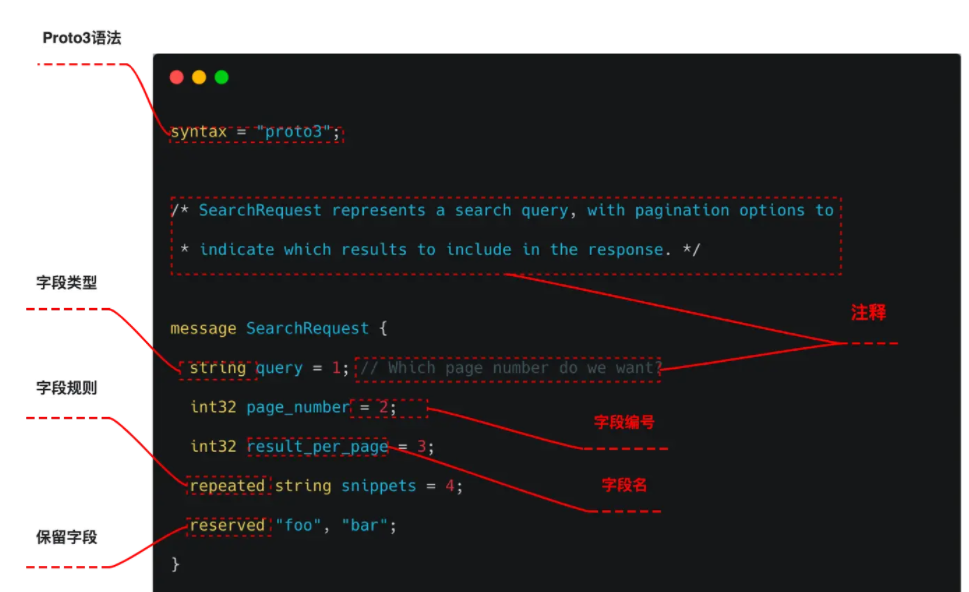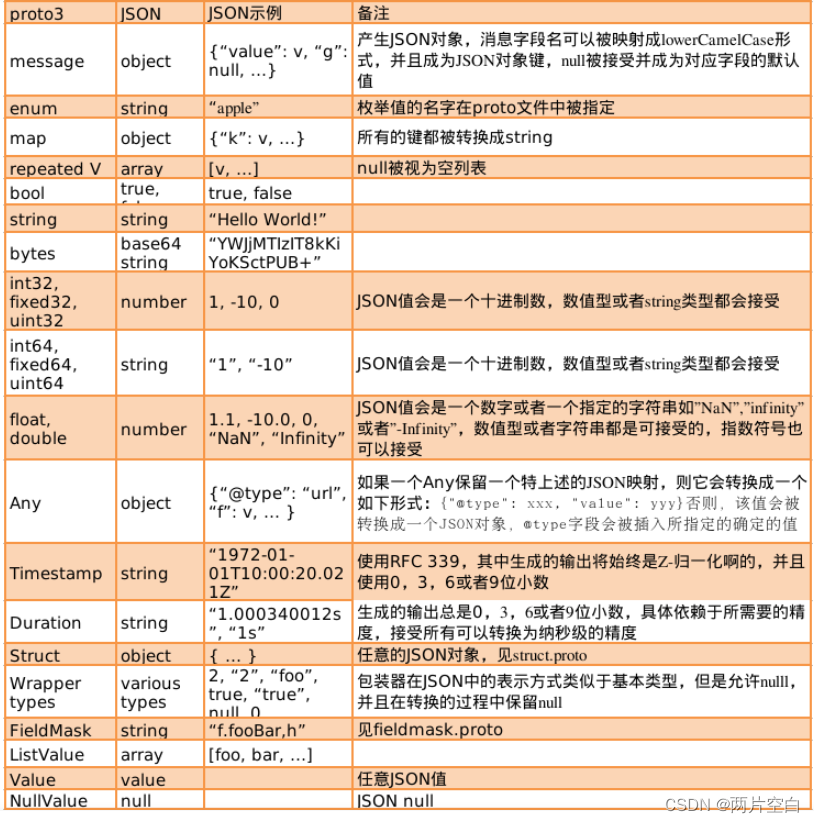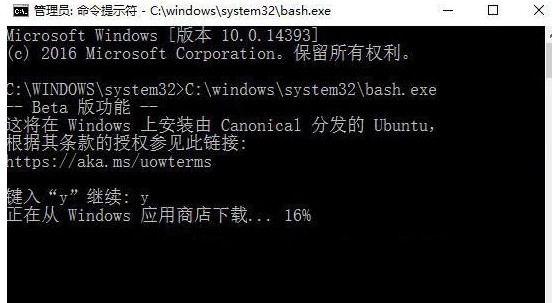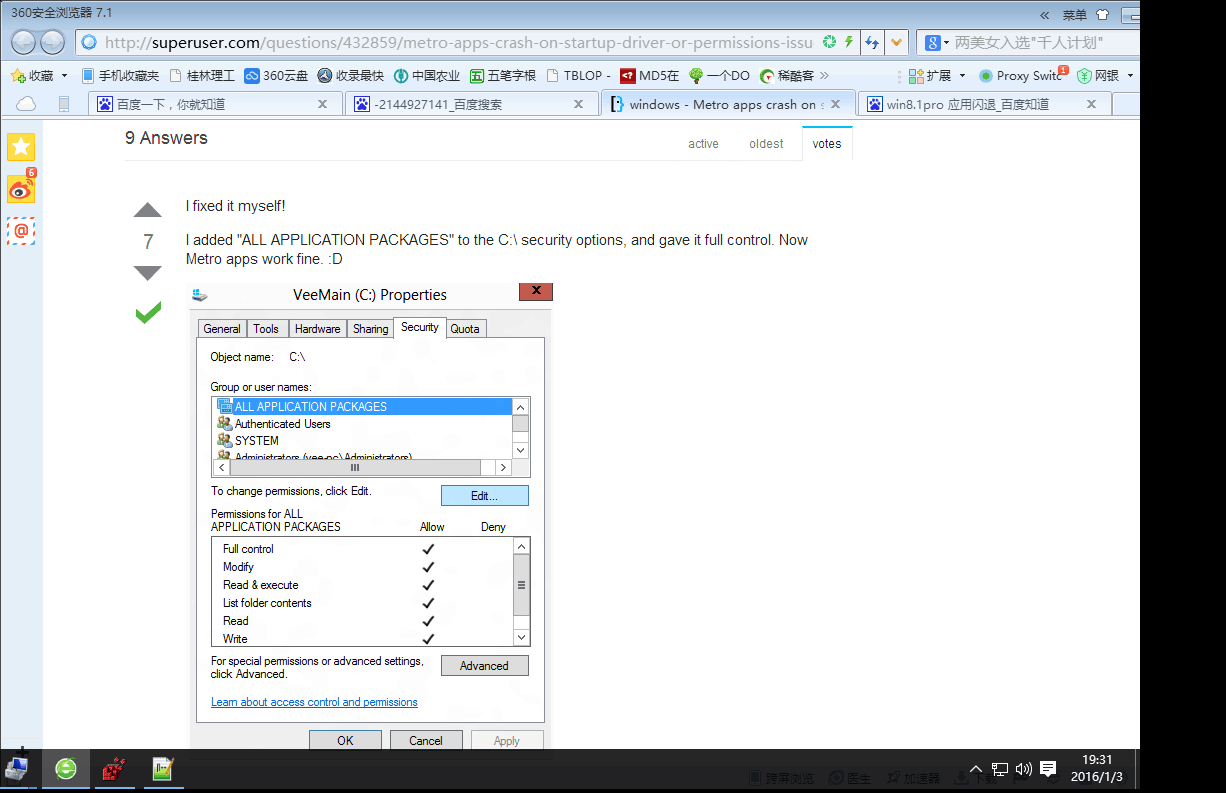Protobuf是谷歌开源的协议框架,以高效传输著称并且支持多种语言。工作中也用到了,在此做个总结。
Protobuf运行原理
下面一张图可以说明:
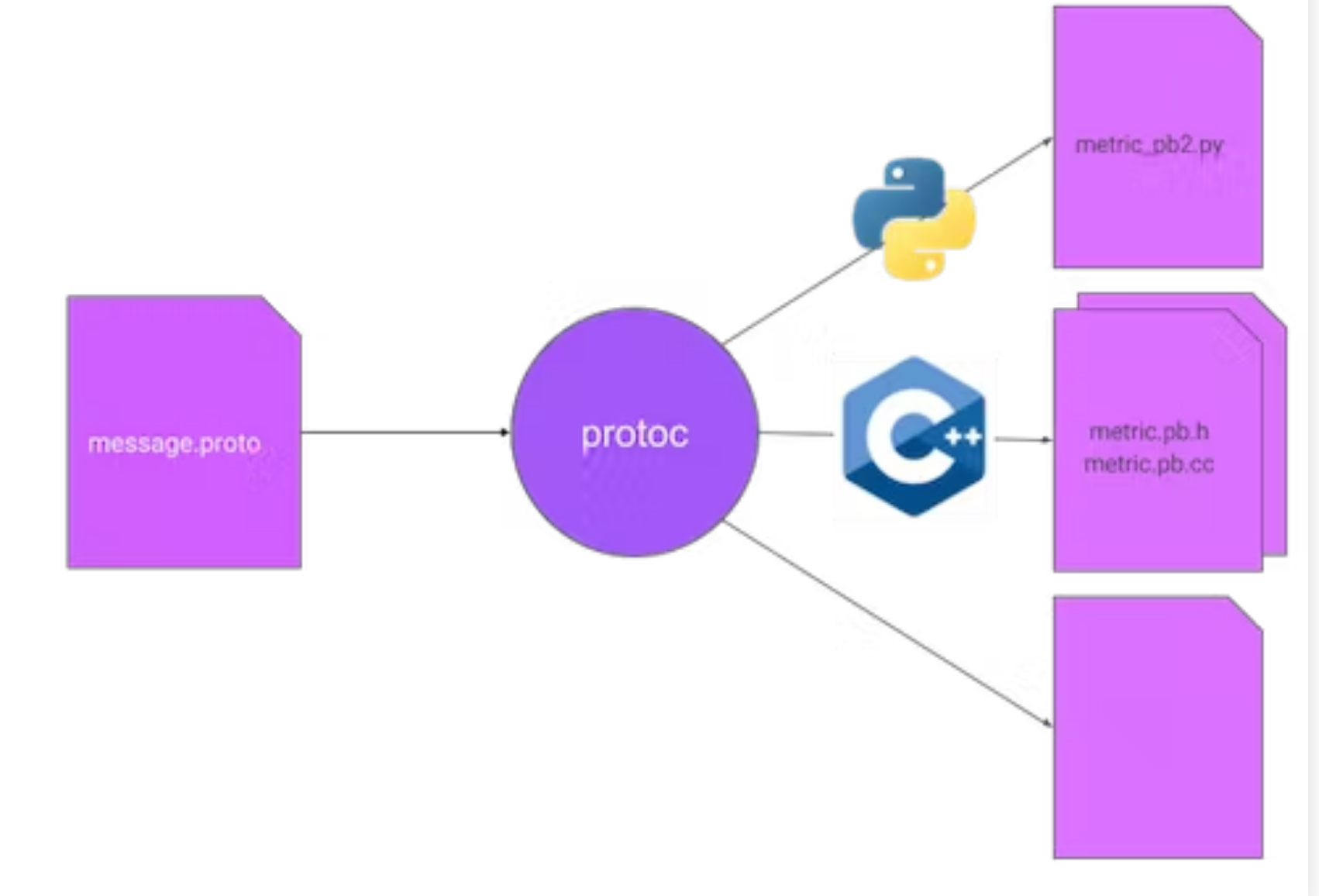
Python中使用Protobuf
2.1安装protoc程序
protoc --version

我安装的是3.6.1版本
2.2定义协议
syntax = "proto3";
package com.union.fun;message Metric {string name = 1;string type = 2;float value = 3;repeated string tags = 4;}2.3生成接口
//Python接口生成
protobuf/bin/protoc -I=/home/tiger/python --python_out=/home/tiger/python metric.proto//另外java和C++生成方式如下
//Java接口生成
protobuf/bin/protoc -I=/home/tiger/python --java_out=/home/tiger/python metric.proto//C++接口生成
protobuf/bin/protoc -I=/home/tiger/python --cpp_out=/home/tiger/python metric.proto2.4读写调用
(1)单个对象
import metric_pb2def writepb():my_metric = metric_pb2.Metric()my_metric.name = 'sys.cpu'my_metric.type = 'gauge'my_metric.value = 99.9my_metric.tags.extend(['my_tag', 'foo:bar'])with open('out.bin', 'wb') as f:f.write(my_metric.SerializeToString())def readpb():with open('out.bin', 'rb') as f:read_metric = metric_pb2.Metric()read_metric.ParseFromString(f.read())print(read_metric)# do something with read_metricif __name__ == "__main__":writepb()readpb()运行结果如下:python3 method1.py

(2)连续多个对象
import metric_pb2
from google.protobuf.internal.encoder import _VarintBytes
from google.protobuf.internal.decoder import _DecodeVarint32
import randomdef writepb():with open('out.bin', 'wb') as f:my_tags = ("my_tag", "foo:bar")for i in range(128):my_metric = metric_pb2.Metric()my_metric.name = 'sys.cpu'my_metric.type = 'gauge'my_metric.value = round(random.random(), 2)my_metric.tags.extend(my_tags)size = my_metric.ByteSize()f.write(_VarintBytes(size))f.write(my_metric.SerializeToString())def readpb():with open('out.bin', 'rb') as f:buf = f.read()n = 0while n < len(buf):msg_len, new_pos = _DecodeVarint32(buf, n)n = new_posmsg_buf = buf[n:n+msg_len]n += msg_lenread_metric = metric_pb2.Metric()read_metric.ParseFromString(msg_buf)print(read_metric)# do something with read_metricif __name__ == "__main__":writepb()readpb()运行结果如下:python3 method2.py

参考文档如下:
https://www.datadoghq.com/blog/engineering/protobuf-parsing-in-python/








